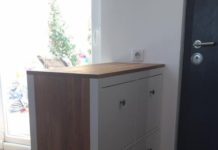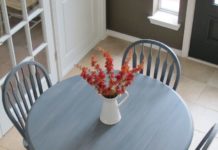Relaxation techniques for stress – Overcoming the fear of coronavirus
If you are concerned about the new corona virus, some relaxation techniques can help you with stress. Are you wondering how to deal with anxious feelings during quarantine? Outbreaks of infectious diseases such as the coronavirus (COVID-19) can be worrying. This can affect your mental health. However, there are many things you can do to take care of your mental health at times like these. This post can guide you through steps that prove helpful to many people. If you often have to deal with anxiety, health concerns, or obsessive thoughts and actions, you may need additional support to help you relax in this stressful situation.
Relaxation techniques for stress due to COVID-19

Think about how easily a baby or toddler can fall asleep. People are born with the instinct to relax and sleep when the body or mind needs a break. Over the years, it also becomes necessary to control and even suppress this natural urge to rest. People need to stay vigilant when they go to school or work, learn jobs, or care for a family. Many spend years conditioning to perform well despite being tired. While no one would argue that suppressing stress may be a necessity during quarantine, this can affect our ability to actually let go and relax.
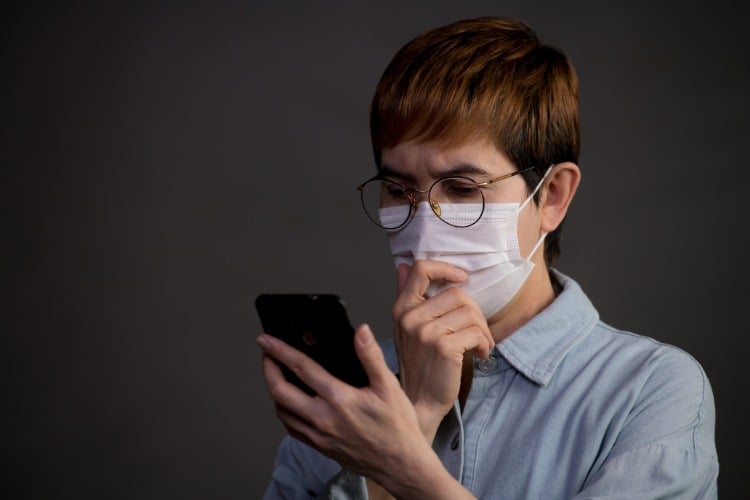
Knowing how to deal with your own fear always requires a little thought. So first try to ask and answer the following questions:
- What usually happens to your body when worries increase?
- How worried are you?
- What do you fear most?
- What usually helps you deal with stress?
When anxiety increases because of exposure to a stressful threat like the new corona virus, you need to focus on what will help you alleviate that anxiety. Try to keep in mind that you are fully willing to help yourself. You can take steps to calm down and stabilize. So keep in mind what works for you, because as fellow human beings we are not that different, but we tend to have our own preferences and relaxation techniques when stressed.
Stay careful and calm
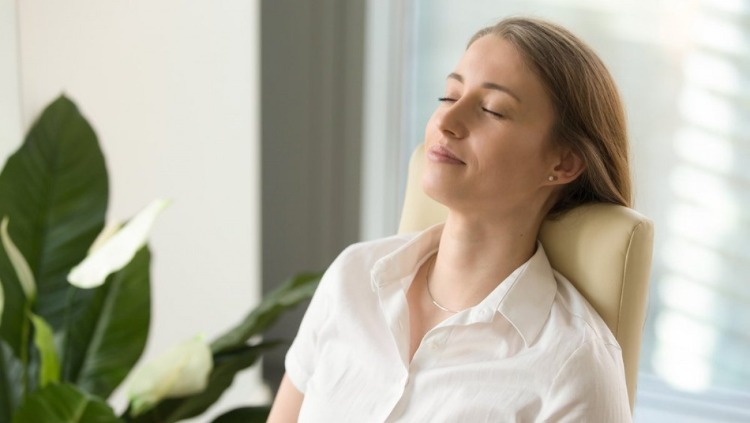
Of course, caution is essential in such a situation. However, once you've taken important precautions, you can take a deep breath and do your best to calm down. It is not necessary or helpful to be constantly on the alert. This will wear you down emotionally and physically. So try to adapt your attention to your immediate surroundings. Then when you get home, wash your hands well and find ways to relax and feel safe. Security is a basic need for all of us. So since you're doing your best to stay safe and healthy during this time, sleep can help you in two ways: it boosts immune function and reduces stress.

According to what you know so far, a healthy immune system seems to be the best defense against the coronavirus. Those who have a healthy immune system can recover faster and often have fewer symptoms than those who don't. So sleep is a natural immune stimulant and a key component for good health. This gives your immune system the much-needed calm and enables it to react quickly and accurately. If you are deprived of sleep, the immune system reacts more slowly to intruders, which increases the risk of infection. A good night's sleep can also help you reduce stress naturally and maintain health. Medical findings show that if the sleep-wake cycle is disturbed, the cortisol in the body increases and has a negative impact on the immune system. This increase in stress can affect the central nervous system and ultimately the immune system, which is the main line of defense against COVID-19.
Physical relaxation techniques for stress

These results show that simple relaxation mechanisms can offer doctors and nurses a non-invasive way to help their patients sleep. Patients can also use these techniques in isolation at home. Furthermore, these do not require doctors or nurses to meet with the patient. With progressive muscle relaxation, certain muscle groups are contracted when inhaling and these muscles are then relaxed when exhaling. It is a progressive exercise because the process moves throughout the body – from one muscle group to another. For example, you could start with your feet and work your shoulders up. Experts find that when your body is physically relaxed, your mind feels less anxious and you fall asleep naturally.
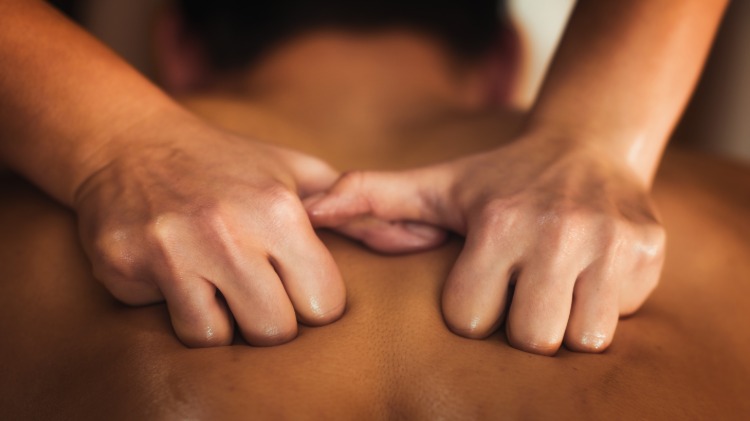
Above all, the study mentioned above shows how progressive muscle relaxation could help those who were already infected with the coronavirus. To protect yourself from infection, you can learn from this research and use the same relaxation techniques to relieve stress and help you sleep better. Both are crucial at the moment. If you are monitoring the spread of the virus, it is natural to worry about the future. Social distance and self-quarantine disrupt daily life, the rush of media coverage can feel overwhelming and you can fear for the health and safety of your fellow human beings. All of this extra stress can be difficult to manage while trying to live a normal life.
Breathing exercises to relieve fear of coronavirus

When you lie down at night, your thoughts often race with questions about the unknown. The uncertainty increases with the spread of the virus. However, as mentioned, excessive stress leads to an influx of cortisol (the stress hormone) in the body. Accordingly, this increases brain activity and forces people to miss valuable rest. Loss of sleep leads to a vicious cycle of anxiety. In addition to progressive muscle relaxation, there are other ways to reduce stress naturally. Below are some best practices to help you relax and find the sleep you need. From abdominal breathing to alternate nasal breathing, these relaxation techniques can relieve panic in a very short time.
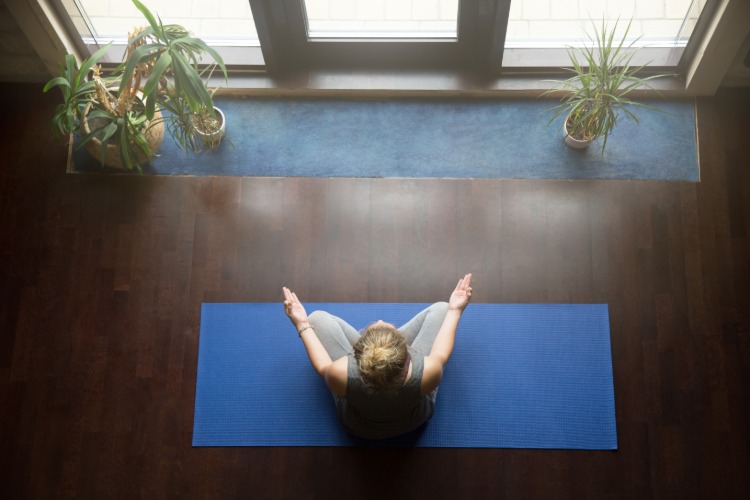
There are three excellent yoga breathing exercises that help improve the anxiety associated with the coronavirus pandemic. These include abdominal breathing, known as diaphragmatic breathing, 4-7-8 breathing, and alternating nasal breathing. Fear increases the flow of thoughts and breathing can bring you back to the present moment. Before you start, however, it's worth noting that your breathing can be shallow at first. So don't be frustrated with yourself. Anxiety can cause shallow breathing. If you are stuck in a room for a minute, it may be more difficult to reconnect with a deeper breath. Just be patient and keep focusing on your breath.
Abdominal breathing
(youtube https://www.youtube.com/watch?v=_xQJ2O4b5TM)
Abdominal breathing, also called diaphragmatic breathing, is the easiest exercise of all three. It can be done either sitting or lying down. Close your eyes and put a hand on your stomach, just below your ribs. Put your other hand over your heart. Take a deep breath through your nose and feel the air slowly rise in your belly. Exhale fully through your mouth and feel your belly gently deflate. You should do this exercise three to ten times.
4-7-8 breathing
(youtube https://www.youtube.com/watch?v=CtSRiYFbI_I)
This exercise, which comes from Pranayama Yoga, the yogic practice of breathing, requires a little more concentration, but the effect is worth it. This is a great breathing exercise if you need more guidance to fully release your breath as you exhale. This can be done either lying down or sitting on a chair. First close your eyes. You can put one hand on your stomach and the other over your heart if you want, but it is not necessary. First inhale through your nose and slowly count to four. Then hold your breath for seven seconds. Once you count to seven, exhale through your mouth for eight seconds. Repeat three to seven times.
Breathe alternately through nostrils
(youtube https://www.youtube.com/watch?v=8VwufJrUhic)
Alternative breathing through the nostrils, or Nadi Shodhana Pranayama, is one of the most useful relaxation techniques for stress. So this is the most complicated of the three exercises, but the advantages speak for themselves. You can watch the video above for a better idea and how to do it. This breathing exercise must be done comfortably while sitting.
- Start regulating your breathing by breathing deeply through your nose three to five times.
- When you're done, grab the thumb and ring finger of your right hand and bring it up to your nose. Your middle and index fingers should point to the palm of your hand.
- You then take your thumb to the right nostril and close it so that no air can enter or exit.
- Next, breathe fully through your left nostril.
- Close the left nostril with your ring finger and take a break.
- Remove your thumb and breathe through the right nostril. Inhale immediately through your right nostril.
- Close the right nostril and exhale through the left. You then breathe in on the left before switching back to the right.
- Repeat the cycle five to ten times.
Relaxation exercises and progressive muscle relaxation

As people prepare to spread the coronavirus, health authorities are turning to early research from China. The Federal Office for Civil Protection and Disaster Relief also recommends such an approach against tension during quarantine. These studies can help you better understand how to combat COVID-19 and how to slow its spread. This study involves the use of progressive muscle relaxation to reduce anxiety and improve sleep in people infected with the virus. The studies also found that quarantined patients with a positive diagnosis quickly developed stress and anxiety that disrupted their sleep.

Because the virus affects the lungs, these patients could not be given sleep-inducing drugs that often damage lung tissue. Therefore, healthcare workers turned to alternative methods to use stress relaxation techniques. So they could help these patients to get a better sleep. The results suggest that powerful relaxation methods could be a safe and effective way for all of us to find adequate rest during this crisis. In the survey of 51 patients, each with a confirmed case of COVID-19, half of the patients were taught progressive muscle relaxation. They found that those who used such a relaxation method were less afraid and slept better. In addition, positive results were shown after only five days of practice.
The Post Relaxation Techniques for Stress – Overcoming the Fear of Corona Virus appeared first on Deavita.com | Living ideas, design, hairstyles, make-up, lifestyle, health and beauty tips.


